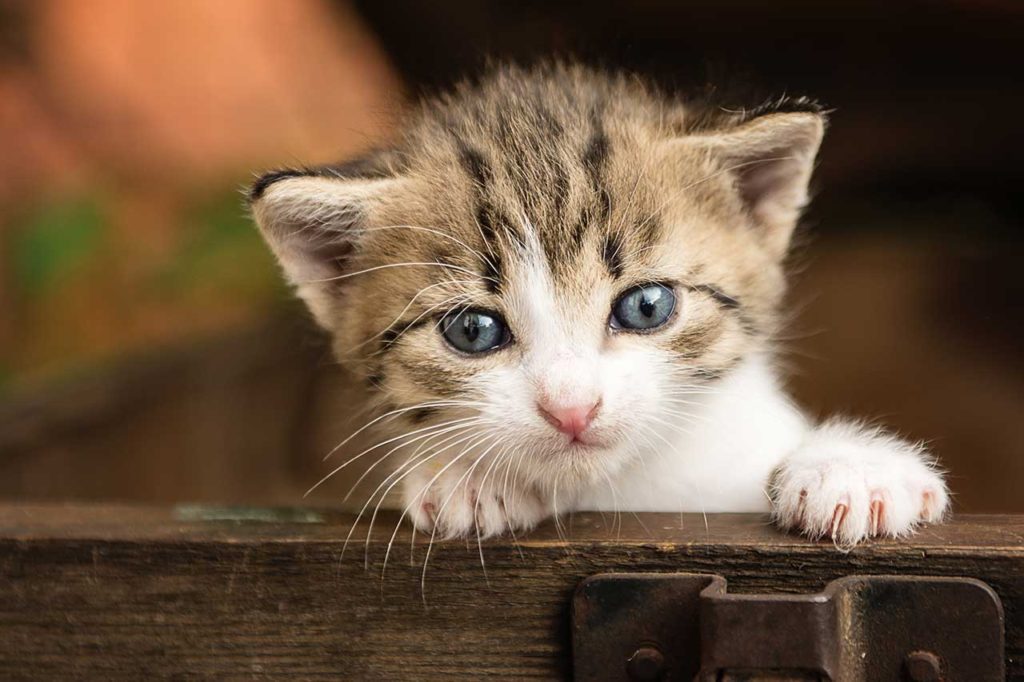Welcome to the intriguing exploration of whether or not cats are able to forgive abuse. Many people wonder if our feline friends have the capacity to move past mistreatment and continue to love and trust their human companions. In this article, you will delve into the complexities of the feline mind and discover the truth behind this commonly asked question. Let’s uncover the mysterious world of cat forgiveness together!
Do Cats Forgive Abuse
Have you ever wondered if cats have the ability to forgive abuse? It’s a heartbreaking reality that some cats may experience neglect or mistreatment at the hands of humans. But do they have the capacity to forgive and move on from such trauma? Let’s delve into this question and explore the complex nature of feline forgiveness.
Understanding the Behavior of Cats
Before we can explore whether cats forgive abuse, it’s important to understand the behavior of these enigmatic creatures. Cats are known for their independence, agility, and mysterious nature. They have unique ways of expressing themselves and interacting with their environment. By understanding the behavior of cats, we can gain insights into their emotional responses to abusive situations.
Cats are highly territorial animals and form strong bonds with their environment. They are also sensitive creatures that can be easily stressed by changes in their surroundings. This sensitivity can make them more susceptible to experiencing trauma from abusive situations.
Effects of Abuse on Cats
Abuse can have a profound impact on the mental and emotional well-being of cats. Cats that experience abuse may exhibit a range of behavioral issues, such as aggression, fearfulness, and withdrawal. They may also develop physical health problems as a result of the stress and anxiety caused by abuse.
It’s important to note that cats may not always show outward signs of abuse, as they are masters at hiding their pain and distress. This can make it challenging for pet owners to recognize the signs of abuse and provide the necessary support and care for their feline companions.
Do Cats Remember Abuse?
One of the key questions when considering whether cats forgive abuse is whether they remember the trauma they have experienced. Cats have been shown to have excellent long-term memory, which allows them to remember past experiences and interactions with humans. This means that cats may retain memories of abuse and associate certain people or environments with negative experiences.
However, it’s important to remember that cats may not experience memories in the same way that humans do. While they may remember the feelings of fear or discomfort associated with abuse, they may not hold grudges in the same way that humans do.
Can Cats Forgive Abuse?
The concept of forgiveness is complex and may not have the same meaning for cats as it does for humans. While cats may not hold grudges or seek revenge for past mistreatment, it’s not clear whether they have the capacity to forgive in the way that humans do.
Cats are highly adaptable creatures that are able to form new relationships and thrive in new environments. This resilience may allow them to move on from abusive situations and build trust with new caregivers. However, it’s important to recognize that the effects of abuse can be long-lasting and may require patience, understanding, and compassion from their new caregivers.
Rebuilding Trust with Abused Cats
If you have a cat that has experienced abuse, it’s important to approach them with patience and empathy. Building trust with an abused cat can take time, as they may be fearful and mistrustful of humans due to past trauma. Here are some tips for rebuilding trust with an abused cat:
-
Create a Safe Environment: Provide a secure and comfortable space for your cat to feel safe and relaxed. This may include setting up a cozy bed, hiding spots, and scratching posts.
-
Respect Their Boundaries: Allow your cat to approach you on their own terms and avoid forcing interactions. Respect their personal space and avoid sudden movements or loud noises.
-
Use Positive Reinforcement: Reward your cat with treats, praise, and affection when they exhibit positive behaviors. This will help reinforce trust and create positive associations with humans.
-
Be Patient: Building trust with an abused cat can take time, so be patient and consistent in your interactions. Allow your cat to progress at their own pace and avoid rushing the process.
By approaching your cat with patience, empathy, and understanding, you can help them overcome their past trauma and build a strong bond based on trust and love.
Seeking Professional Help
If you are struggling to help your abused cat overcome their trauma, it may be beneficial to seek professional help from a veterinarian or animal behaviorist. These professionals can provide guidance and support in addressing the specific needs of your cat and developing a tailored treatment plan to help them heal and thrive.
Remember that every cat is unique and may respond differently to treatment, so it’s important to work closely with a professional to ensure the best outcome for your feline companion.

Conclusion
While the question of whether cats forgive abuse may not have a clear-cut answer, it’s important to approach all cats with empathy, compassion, and understanding. Abused cats deserve a second chance at happiness and can thrive in loving and supportive environments. By providing them with the care and patience they need, you can help them overcome their past trauma and build a strong bond based on trust and love.

